Indigenous Peoples’ knowledge is vital to combat the climate crisis
Takeaways from Africa Climate Summit and Climate Week 2023
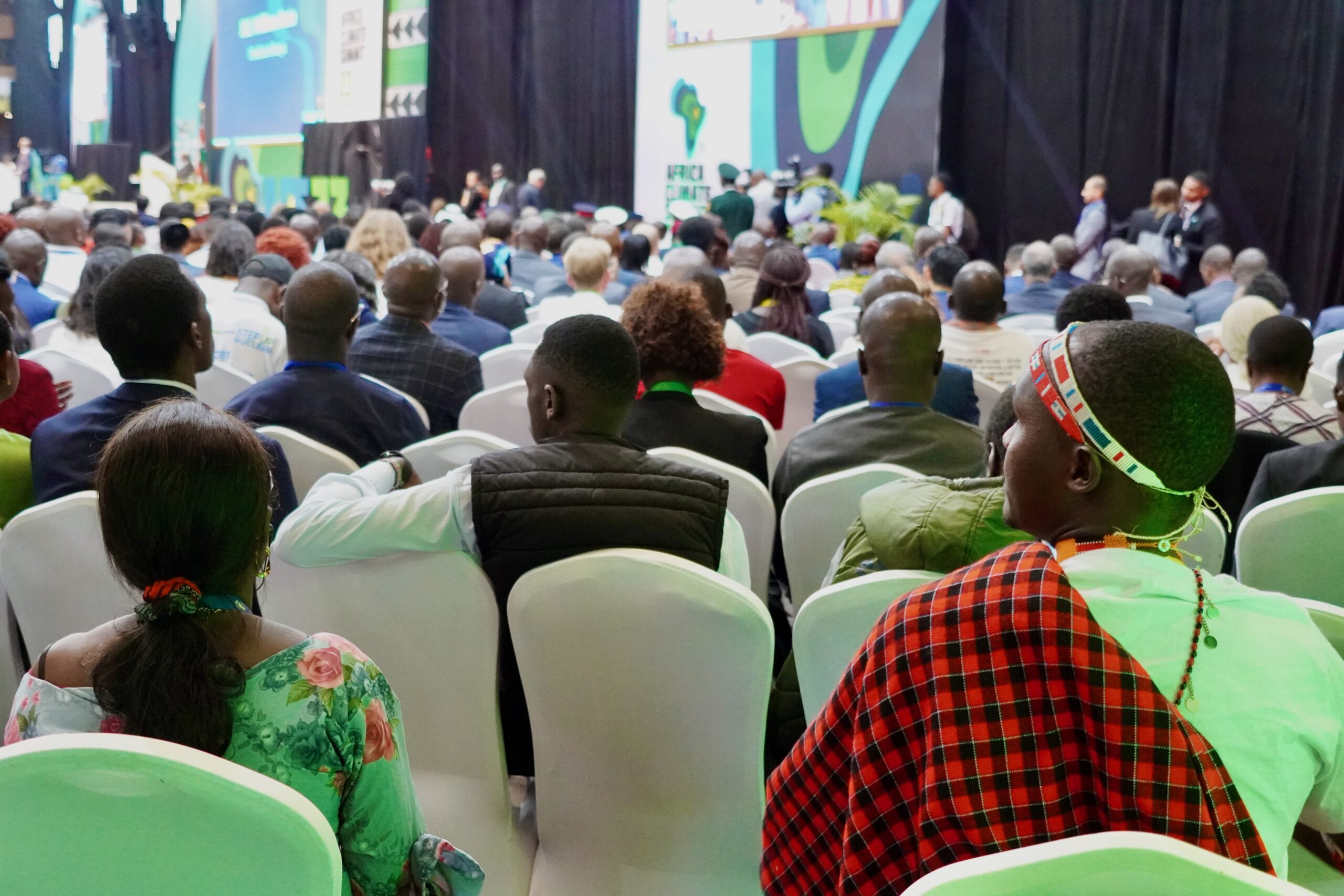
Last week in Nairobi, Kenya, governments, businesses, international organizations, civil society, and Indigenous leaders met at Africa Climate Week 2023 and African Climate Summit to highlight solutions to reduce greenhouse gas emissions while adapting to the climate crisis.
One message from the week is clear: Indigenous Peoples’ ancestral knowledge is vital to combating the climate crisis. If we scale up Indigenous-led actions and funding, we can protect our planet, peoples, and future.
Many stakeholders have identified nature-based solutions as key programmatic priorities in the next decade in the fight against climate change. Indigenous Peoples have been the world’s nature-based solution providers for thousands of years.
Highlights from Africa Climate Week
Over 30,000 people gathered for Africa Climate Week and Summit to explore solutions. In the opening ceremony, Anne Samante of the National Indigenous Peoples Coordinating Committee on Climate Change and MPIDO read a statement that was put together in an Indigenous Peoples pre-summit.
Indigenous Peoples “are not only victims but we also come with solutions,” Anne Samante said.
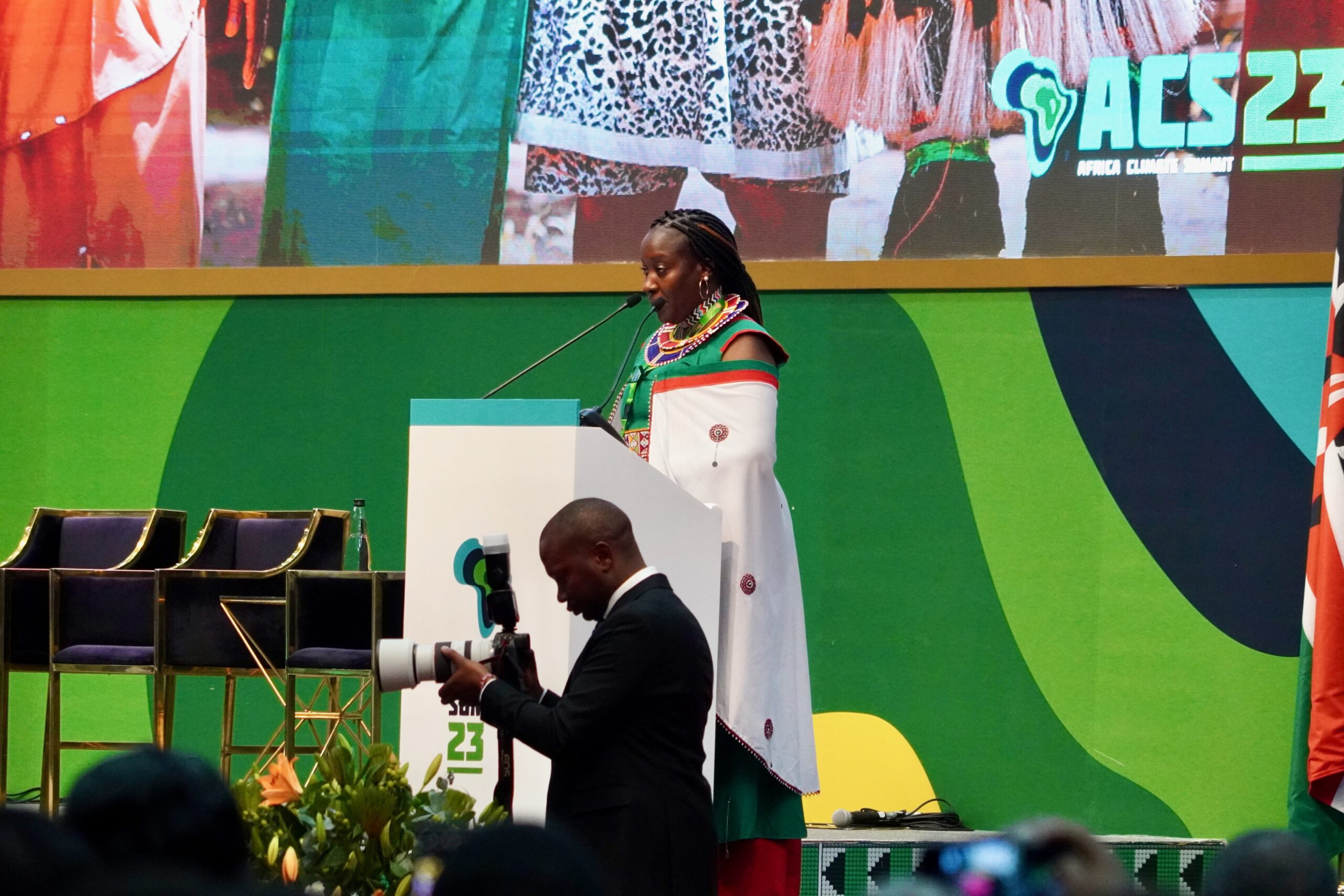
The gathering concluded with the Nairobi Declaration – a common position for Africa leading up to COP28 with commitments around climate finance, renewable energy, a Global Climate Finance Charter, green minerals, and economic transformation. A key theme discussed throughout the week was the potential and need to include youth, one of Africa’s most valuable resource. The President of Kenya Dr. William Ruto acknowledged the role Indigenous Peoples play in their cultural landscapes in protecting forests, savannahs, marine environments, and drylands.
Judith Kipkenda from the Ogiek Peoples of Kenya and the Global Indigenous Youth Caucus read the Indigenous Peoples’ declaration in the closing ceremony. It includes the following key themes: (1) Indigenous focal points and participation at African Union and United Nations level, (2) free, prior, informed consent (FPIC) and stopping evictions of Indigenous Peoples from their lands, (3) recognition and strengthening traditional knowledge systems and partnerships to integrate this knowledge with scientific knowledge, among others.
“Although we as Indigenous Peoples contribute the least to climate change, we suffer the most from its consequences. We are here with solutions and lessons,” Judith Kipkenda said.
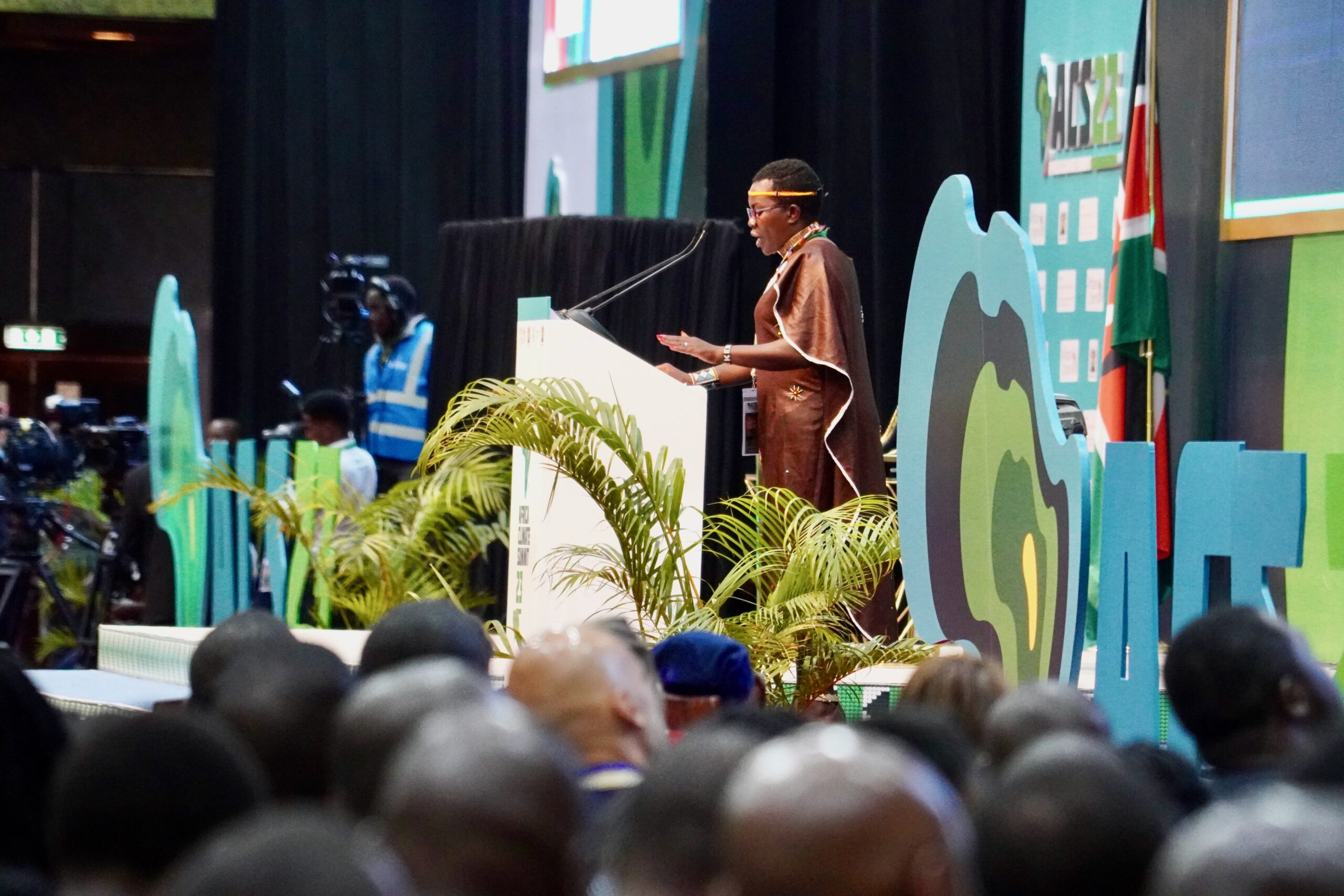
Indigenous knowledge systems for adaptation actions in Africa
In an Africa Climate Week side event organized on September 8 jointly by the FSC Indigenous Foundation (FSC-IF) and the African Development Bank (AfDB), Indigenous Knowledge Systems for Adaptation Actions in Africa, Indigenous leaders and key stakeholders discussed the necessity of including Indigenous knowledge for effective and long-term solutions to the climate crisis.
Dr. Al-Hamndou Dorsouma, Division Manager, Climate and Green Growth Department, African Development Bank, and Hindou Oumarou Ibrahim, FSC Indigenous Foundation Council Chair, gave opening remarks.
“Those with Indigenous knowledge have higher adaptation and lower vulnerability, they make informed decisions and used local knowledge of diversification of crops,” said Dr. Dorsouma.
“It is the time to trust Indigenous Peoples and learn from Indigenous Peoples,” said Hindou Ibrahim.
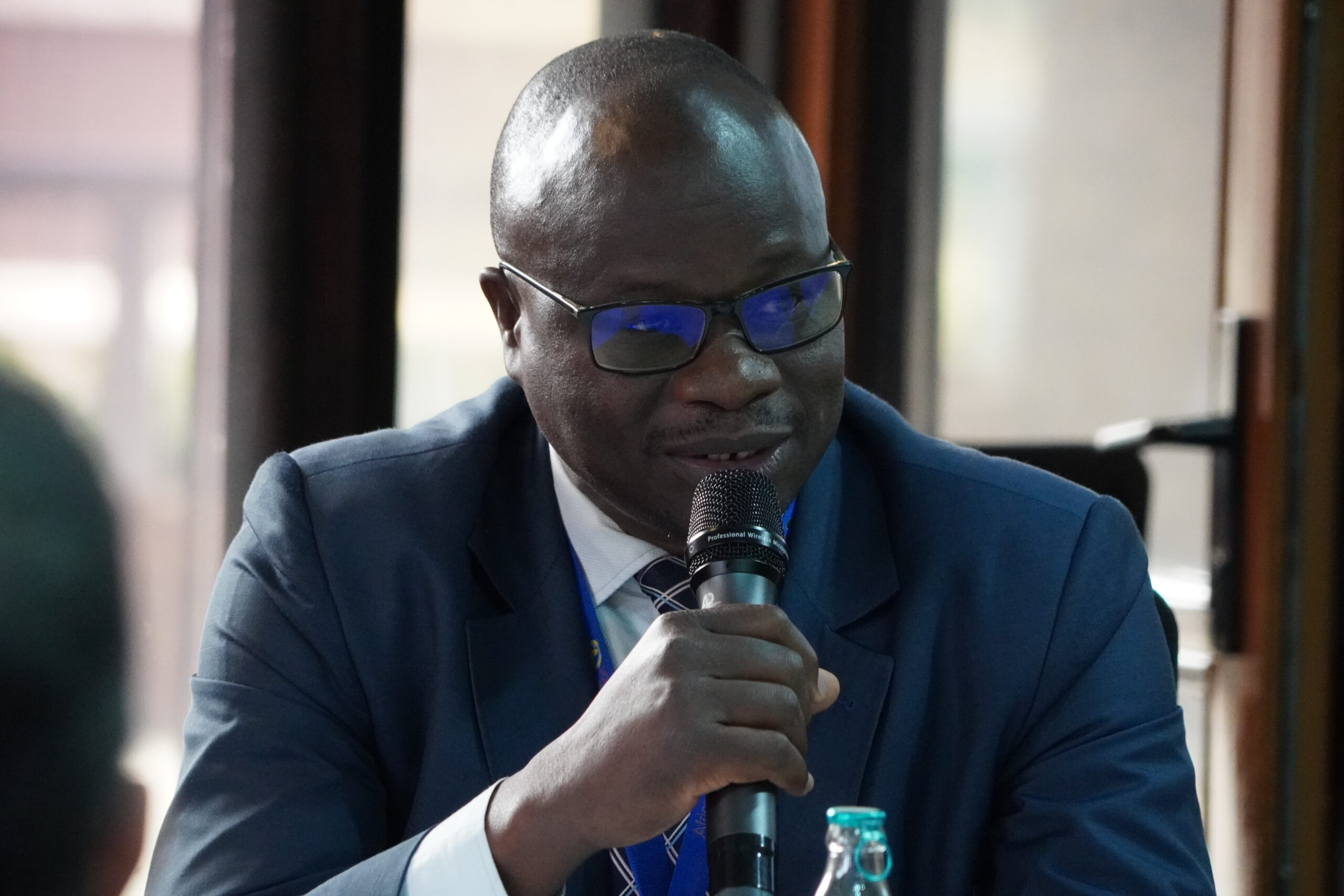
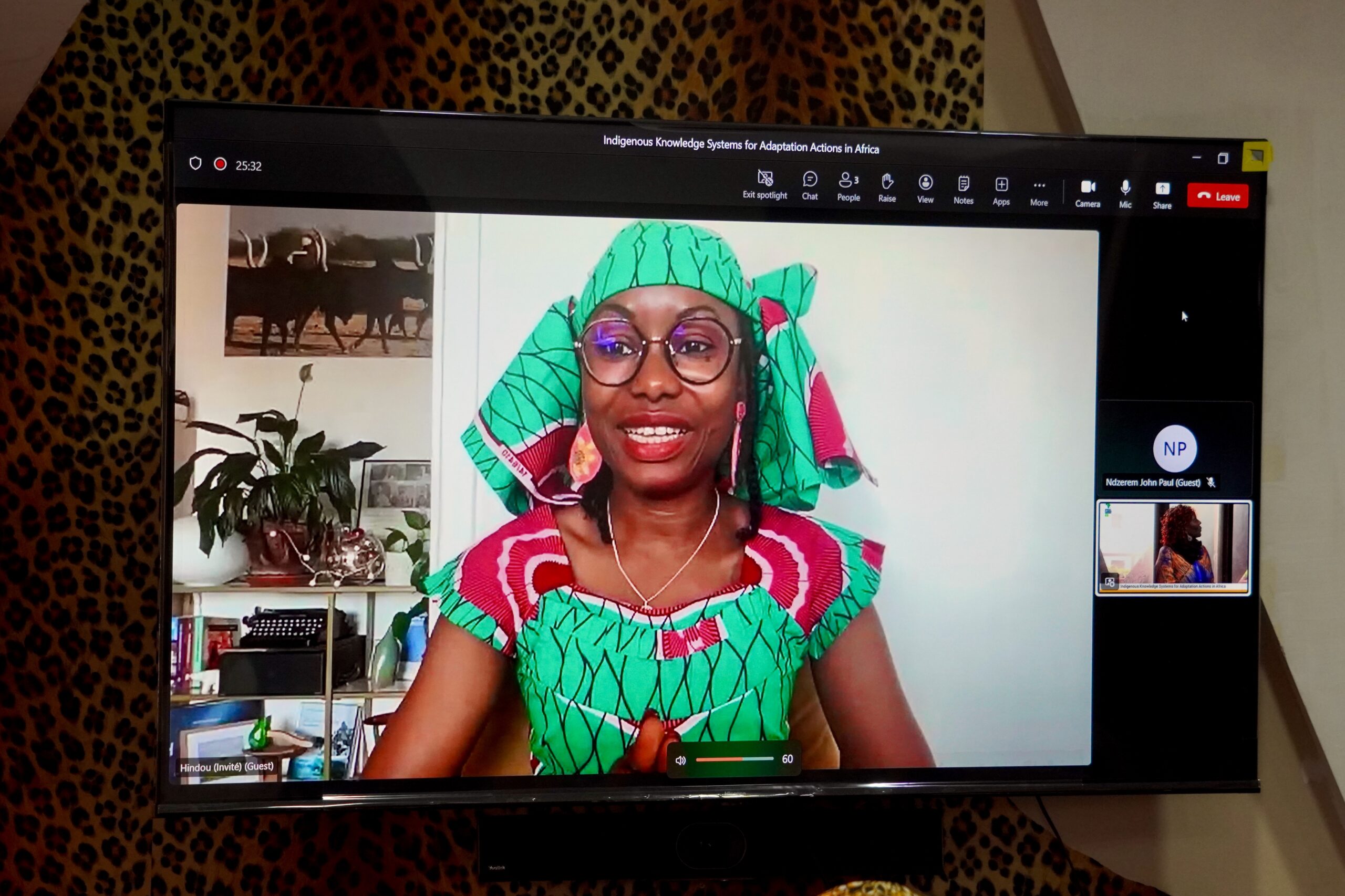
Then, a panel discussed the importance of Indigenous knowledge in addressing climate adaptation in Indigenous Cultural Landscapes, including Dr. Arona Soumaré, Regional Principal Climate Change Officer, AfDB; Daniel Kobei, Executive Director, Ogiek Peoples Development Program, Balkisou Buba, Vice President of the Cameroon Branch of the Network of Indigenous Peoples and Local Communities for Sustainable Management of Central Africa Forests Ecosystem (REPALEAC); and Roopa Karia, Environment Office Director, USAID Kenya and East Africa. Salina Sanou, FSC-IF Regional Director for Africa and Asia, moderated the event.
“We are moving away from a do not harm to an inclusive approach, “ said Dr. Soumaré of the AfDB.
“While working with science, we need to consider Indigenous knowledge. Women are holders of that knowledge,” said Balkisou Buba.
“Indigenous Peoples must be part of climate strategies from the design phase,” said Daniel Kobei, emphasizing that Indigenous knowledge is different from traditional knowledge.
“A real concern from USAID is the legal rights of Indigenous Peoples and the human rights of Indigenous Peoples,” said Roopa Karia.
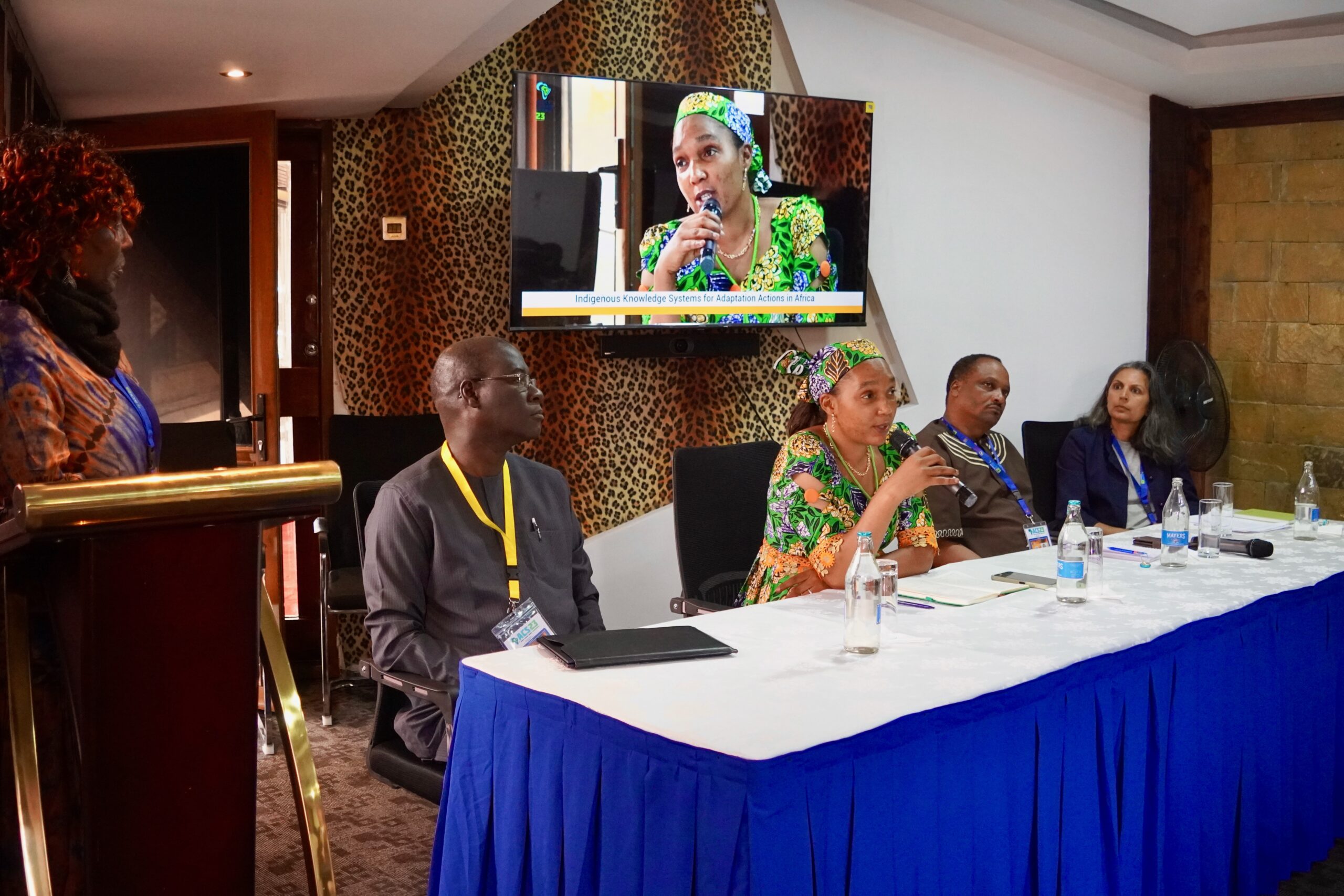
Dr. Alejandro Paredes, Interim Managing Director of the FSC Indigenous Foundation and Dr. Olufunso Somorin, Regional Principal Officer, Climate Change and Green Growth Program at the African Development Bank, closed the event.
Speakers agreed that Indigenous knowledge is powerful and we need to use it in climate adaptation strategies and actions. Indigenous knowledge is the future.
We invite you to join us to make this future a reality as we carry this message to COP28 and work to elevate Indigenous-nature-based solutions with concrete actions.
